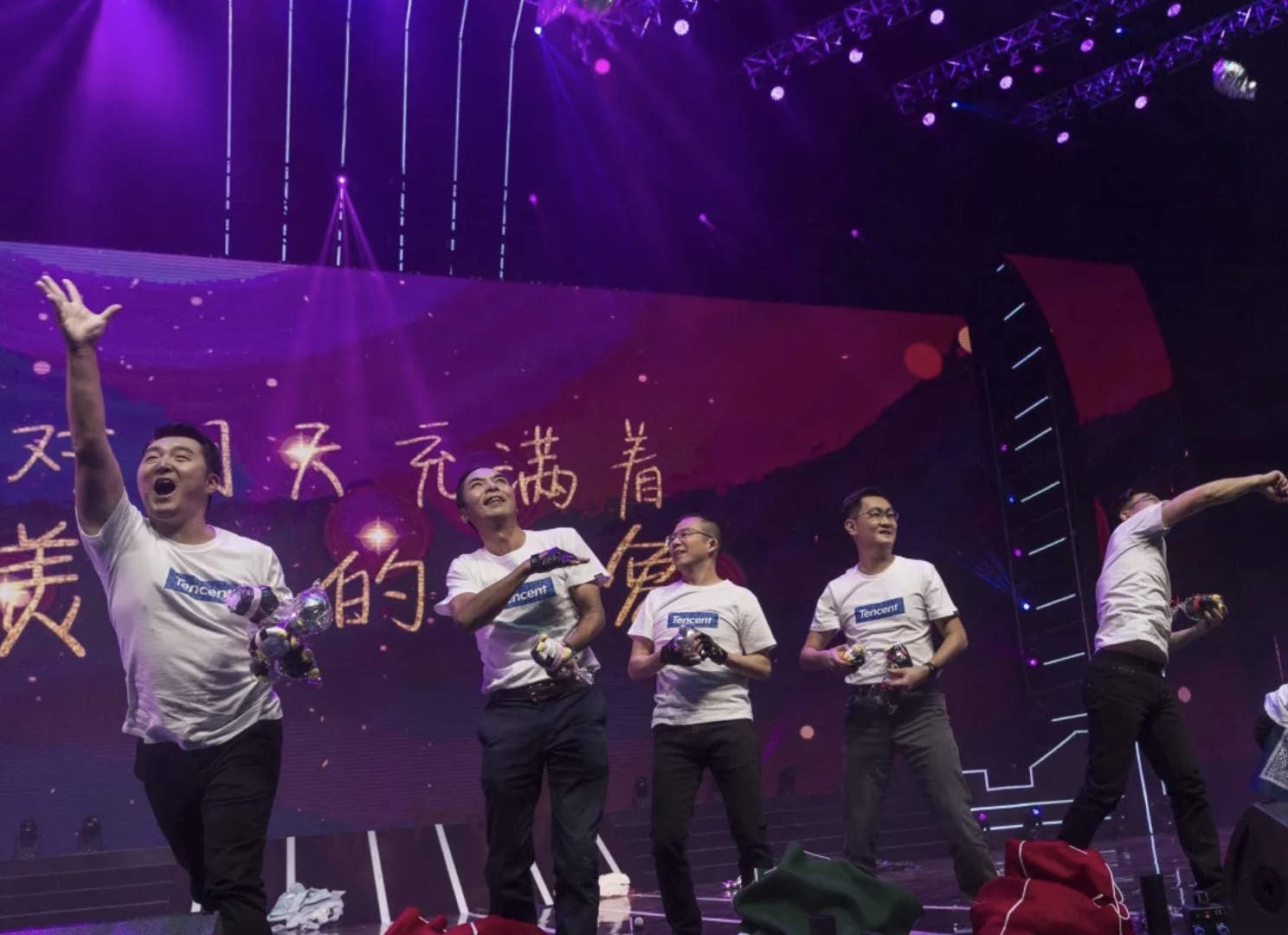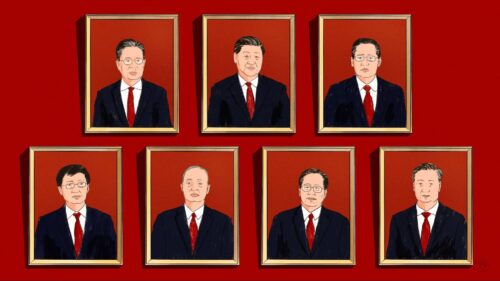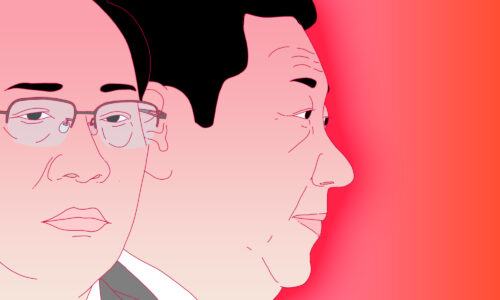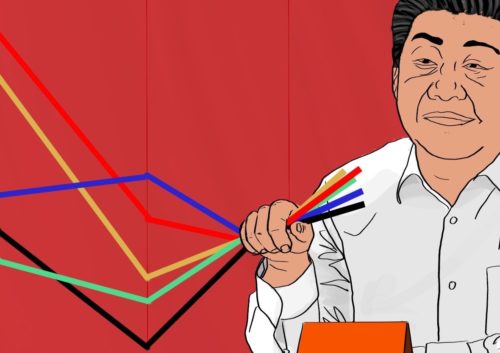China Business Corner: Chinese entrepreneurs speak out during Two Sessions
A roundup of business articles.
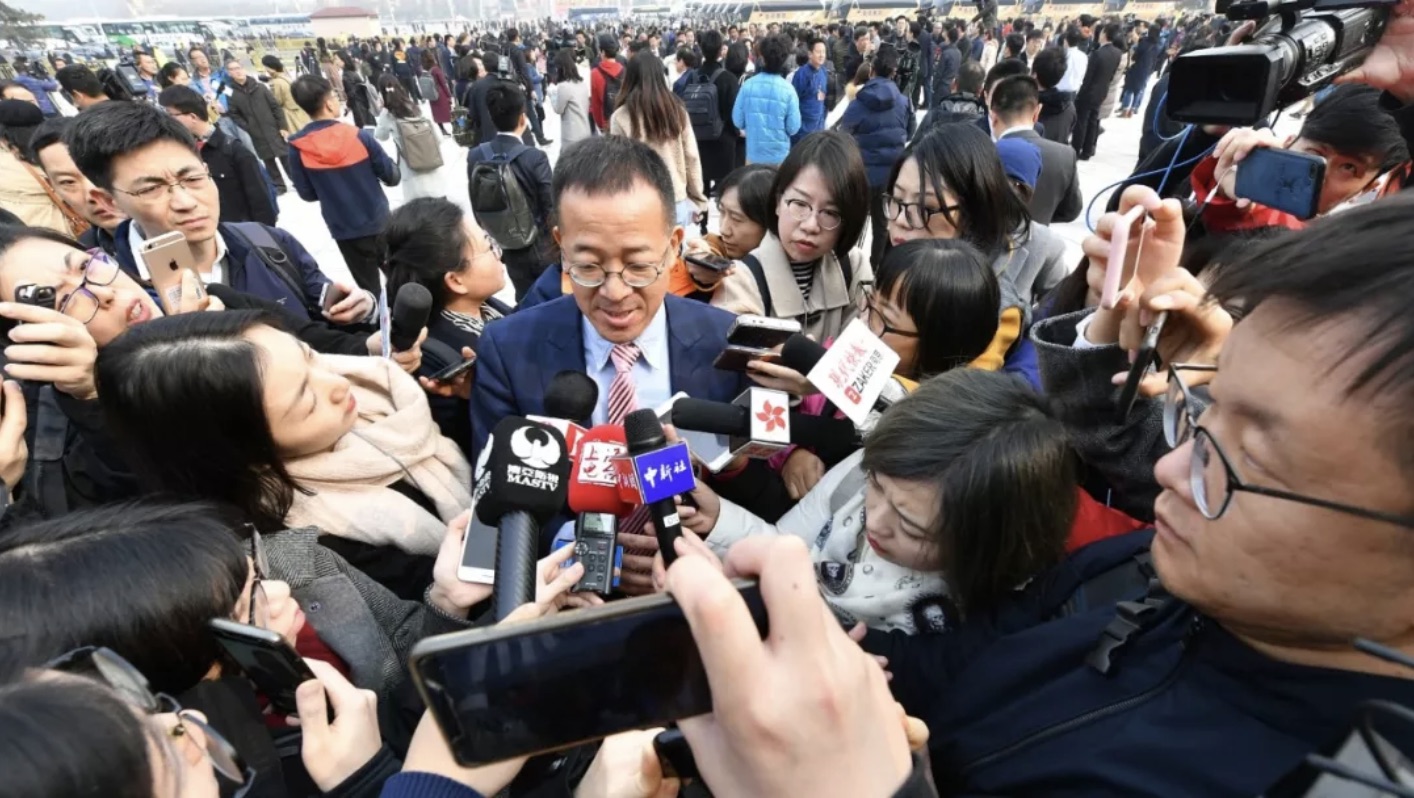
China Business Corner is a weekly window into Chinese-language coverage of business, technology, and the broader economy, brought to you by co-writers Huang Sizhuo and Jordan Schneider (who hosts the ChinaEconTalk podcast). Sign up here to get this column in your inbox every Thursday.
Entrepreneurs’ voices during Two Sessions
两会:勇敢生二胎、填平教育沟壑、数据安全……企业家操碎了心
By Bā Jiǔlíng 巴九灵, published in 吴晓波频道 (WeChat ID: wuxiaobopd)
March 5, 2019
The Two Sessions ended on Friday. It gave us a rap song, among other things, such as the foreign investment law (which will come into effect in 2020). While coverage has mainly focused on GDP, tax cuts, military spending, etc., the above article notes that entrepreneurs were a presence at the meetings. Here’s what some of the country’s top businesspeople had to say about China’s business and technology development:
1. Zhang Yunyong, president of the China Unicom Research Institute: “5G infrastructure should be co-constructed and shared by more enterprises in order to avoid resource waste.”
2. Lei Jun, founder of Xiaomi: “Accelerate the applications of Internet of Things (IoT), especially in the aspects of unmanned driving, healthcare industries, and smart agriculture.”
3. Robin Li, CEO of Baidu: “Artificial intelligence should be expanded to other arenas. For example, transportation data can be shared and utilized for establishing a smarter system. Meanwhile, AI can help hospitals better manage their medical records and scientific research.”
4. Pony Ma, CEO of Tencent: “Promote 5G and IPv6 commercialization, cloud service for industrial, financial, educational, healthcare, and government sectors.”
5. Zhang Jindong, chairman of Suning: “Develop smart logistics system to enhance the efficiency of delivery industry.”
6. Yang Yuanqing, CEO of Lenovo: “We need more specific policies and incentives to boost IoT.”
7. Yao Jinbo, CEO of 58.com: “Low fertility rate is a long-term challenge for the government. To relieve the anxiety of female employers, the government could cut their taxes or cover more educational expenses. Only by doing this will young people become eager to consume and buy apartments.”
8. Yu Minhong, president of New Oriental Education and Technology Group: “Disabled children should have specialized social and educational support at school. Besides, the government could sponsor families from western China to have enough reading material.”
9. Ding Lei, CEO of NetEase: “Livestreaming, VR, and AI could all be used to provide good educational resources to developing areas of China.”
10. Dong Mingzhu, chairwoman of Gree: “Raise the minimum income tax threshold to 10,000 yuan.” (The current rule is 5,000 yuan per month)
11. Fu Jun, president of Macrolink Group: “Private companies should not be discriminated in the financing market.”
12. Wang Fengying, president of Great Wall Automobile: “Government should protect overseas properties of Chinese companies.”
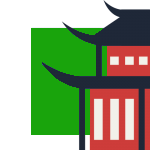
Muji struggling in China

一个月致癌一次,年年上315黑榜:无印良品,你当不了国产标杆!
By Cai Wenji 蔡文姬 for Jin Cuo Dao 金错刀 WeChat channel (operated by Ding Pengfei 丁鹏飞, chief reporter of Business Times 数字商业时代 and a commenter for NetEase)
March 2, 2019
Muji has had a rough go of it in China. After entering the mainland with high hopes, its recent earnings release revealed that same-store sales in China dropped 4 percent from September to November.
After first arriving in Shanghai in 2005, the Japanese convenience/clothing/lifestyle store Muji has over 200 outlets today in China. Initially, its “cool factor” and perceived safety buoyed its performance, even if its goods commanded a premium price. But Muji has suffered through some embarrassing product recalls, and it took a public relations hit last January due to mapping issues (woe to the foreign firm that doesn’t include the Diaoyu islands on their products).
Perhaps more germane to their poor performance is the rise in domestic competition. As the article writes, “The ‘minimal lifestyle’ is too easy to imitate. After the Chinese ran to Japan to study, they were able to beat up their teacher.” Stores like Miniso, which are based in China but branded so that consumers frequently mistake them for Japanese, have a far bigger mainland footprint. Xiaomi stores today sell far more than computer and cell phones (I have a Xiaomi toothbrush and towel…neither of which are “smart” but are reasonably priced and get the job done). Lastly, Netease’s Yanxuan is a curated online store that acts as a cheaper Muji with a larger inventory.
Muji has also struggled to bring new products. Every time you walk into a Uniqlo, for instance, you’ll see t-shirts featuring new IP. Starbucks too excels at seasonal promotions that get the internet talking, recently selling this absurd double glass cup. In contrast, I’ve never seen a Muji product trending.

Tencent’s 150-day revolution
独家深访:腾讯变革150天全记录
By Lin Shan Shan 林珊珊 and Li Xuan Te 李炫特 for The Core Story 故事硬核
March 7, 2019
Like Muji, Tencent had a rough 2018. Regulations surrounding licenses to monetize games partially triggered, according to CEO Pony Ma, “a real crisis.” This article details a series of dramatic dinner meetings in Hong Kong where Pony and his management cohort decided to refocus the famously customer-oriented firm toward B2B, meaning selling products primarily to organizations, for the “industrial internet.” What this means is a transition toward investment in cloud computing and digitization of real-world industries, a serious challenge requiring managers and line workers to rethink how they’ve done their work for the past decade or more.
The articles pity the “otaku” Tencent engineers who for years were able to isolate their work from the outside world but now have to participate in the Tencent-termed “Air Force landing” into convenience stores, factories, hospitals, local government offices, and the like. Tencent has proven itself to be a master of consumer tastes, but building a B2B firm requires a different sensibility. For one product manager, making products for consumers “feels like being in the Air Force flinging out bombs,” while doing business-facing work “is more like making a stew over a small fire. The stewing process is long, and you have to constantly adjust the heat and ingredients.”
Perhaps most interesting in this article is its coverage of Tencent’s “Digital Guangdong” initiative. The tech firm has collaborated with the Guangdong provincial government to build out an anti-telephone fraud system, an anti-phishing system, as well as the ability to inspect capital outflows.



